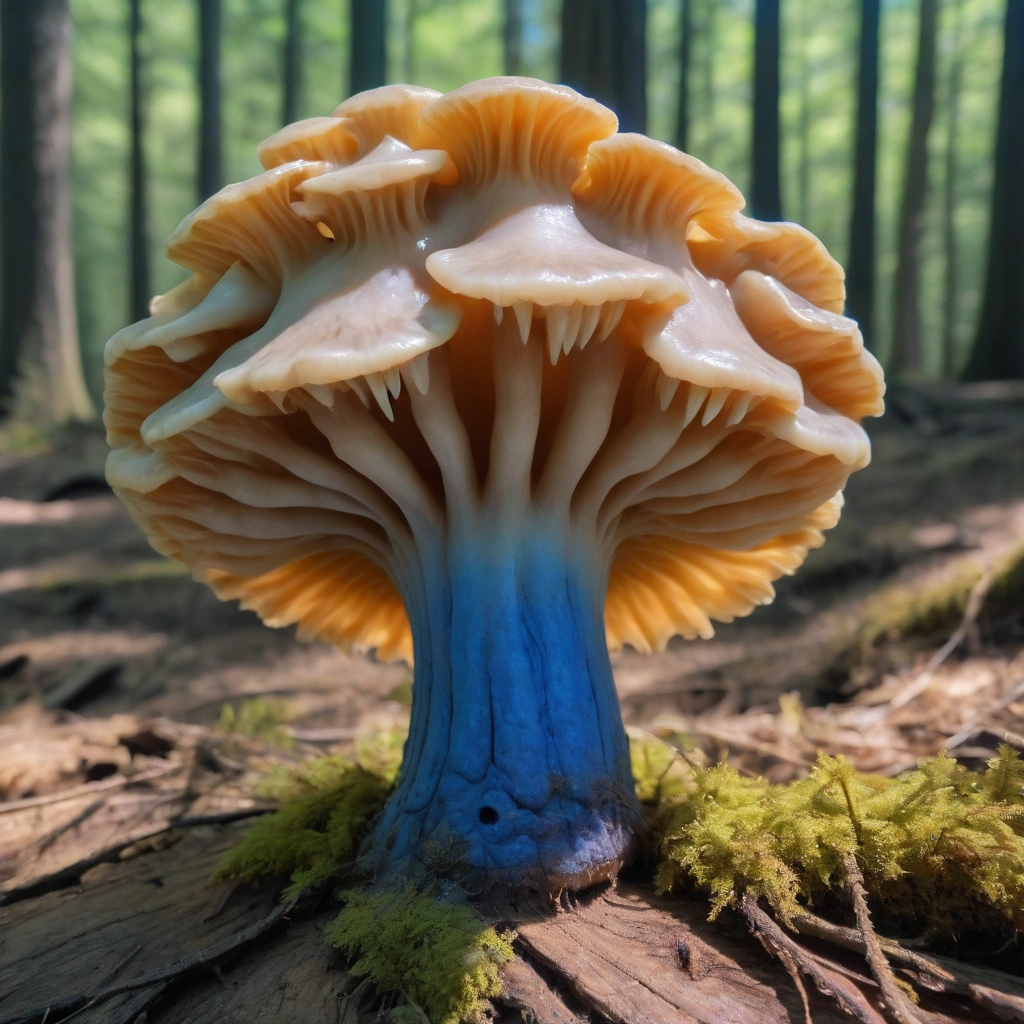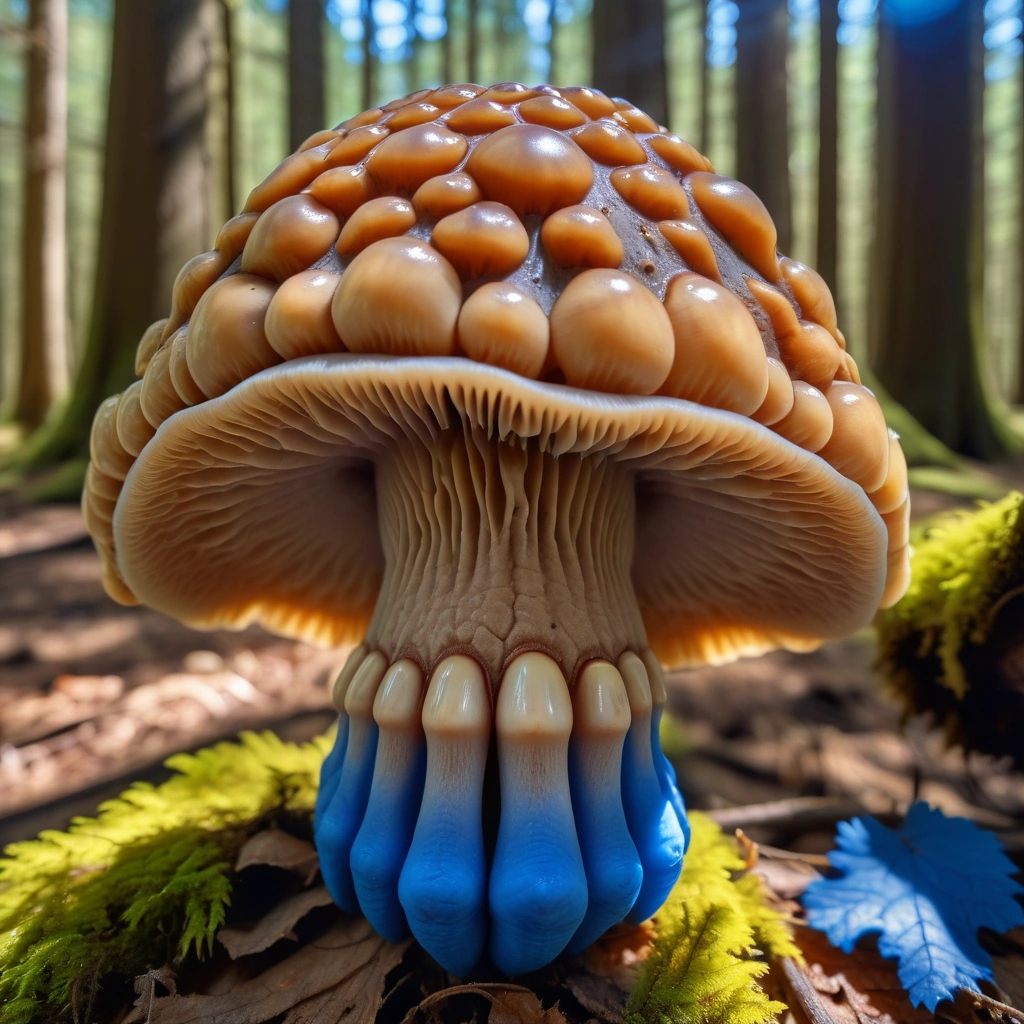Tldr: Use reliable sources when hunting mushrooms.
While agreed, how do you find the reliable surfaces amid the sea of garbage, especially when you’re first starting out?
before:2023
search for a local mycological society or association?
Again it’s not that the good resources don’t exist, it’s that AI floods the search with garbage. Also, AI isn’t just writing garbage books, they’re also making AI generated websites that are SEO optimized beyond human capability pushing the good resources out of the top search results.
Which is why they suggested finding an organization/association, not an arbitrary website.
Funnily enough, chatgpt should be able to recommend some great associations. GPT-3 doesn’t even have up-to-date databases so it doesn’t even know about any new AI things that have popped up.
So find a real group of people, ask them things.
Which is why they suggested finding an organization/association
How does one start searching for an organization/association? My first instinct, and pretty much everyone I know’s first instinct, would be to search online for a mycology group, which is likely surrounded by other highly SEO optimized AI generated mycology group website. And then you go to a meet that doesn’t exist, and you try the next group you found online and find that group doesn’t exist, ad infinitum.
Buy a book published more that a couple of years ago. Or ask the people living in the area (the older the better, normally ). Or ask the people living in the area where you can have the mushrooms checked, they usually know where to go.
Mycology forums and clubs can be good ways to find reliable books, apps, etc for identification
How does one find a mycology forum or club without falling prey to SEO optimized AI generated results? AI isn’t just generating books, they can write fake web pages for non-existent clubs and fake entire forums and optimize the hell out of the SEO to maximize positioning on Google’s search results.
Sure, but youre talking about Dead Internet Theory at that point, which applies to all topics not just mycology
If you try to contact the club, but can’t actually meet anyone, it’s fake or might as well be.
Exactly, and then keep doing that over and over again until you either dig through enough garbage to find the good source or just throw your hands in the air and give up trying to find good sources and either give up the hobby all together or say fuck it and go at it alone.
Ask the people living in the area. They know the mushrooms and eventually they know where to go to have them checked.
In the absence of a local club, I’m not sure. I mean, have a look at the cover on this one—I understand that’s considered one of the more reliable and informative guides for the locations it covers, which is why it’s still in print after 30+ years, but the only reason that photo doesn’t look AI generated is that you can’t imagine how they would have come up with the prompt . . .
“They had mushroom structures that don’t quite make sense,” says Trybuch. They were the mycological equivalent of a picture of a hot blonde with six fingers and too many teeth.
🤣
prompt is “hot blonde mushroom with six fingers and too many teeth”



Delicious!
You know you’re a little too into mushrooms if you are comparing them to hot blondes
This is the best summary I could come up with:
He’s a software engineer and volunteer secretary for the New York Mycological Society, a nonprofit devoted to “spreading knowledge, love and appreciation of fungi.” He knows mushrooms and he knows AI, and he thought the covers of these books were probably AI-generated.
Any readers looking to try to use these books to figure out which mushrooms were safe to eat and which weren’t would be out of luck, which to Trybuch was seriously concerning.
Garbage ebooks have been a problem on Amazon for at least a decade, but — not unlike many strains of fungi — they’ve exploded over the last few years.
Then they give the outline to a wildly underpaid ghostwriter to flesh it out into something that will pass muster as a real book.
The model is a dangerously inviting prospect for anyone who’s ever toyed with the idea of publishing a book but doesn’t want to actually write one.
The grift is that technology and retail platforms have incentivized a race to the bottom when it comes to selling books.
The original article contains 787 words, the summary contains 174 words. Saved 78%. I’m a bot and I’m open source!




